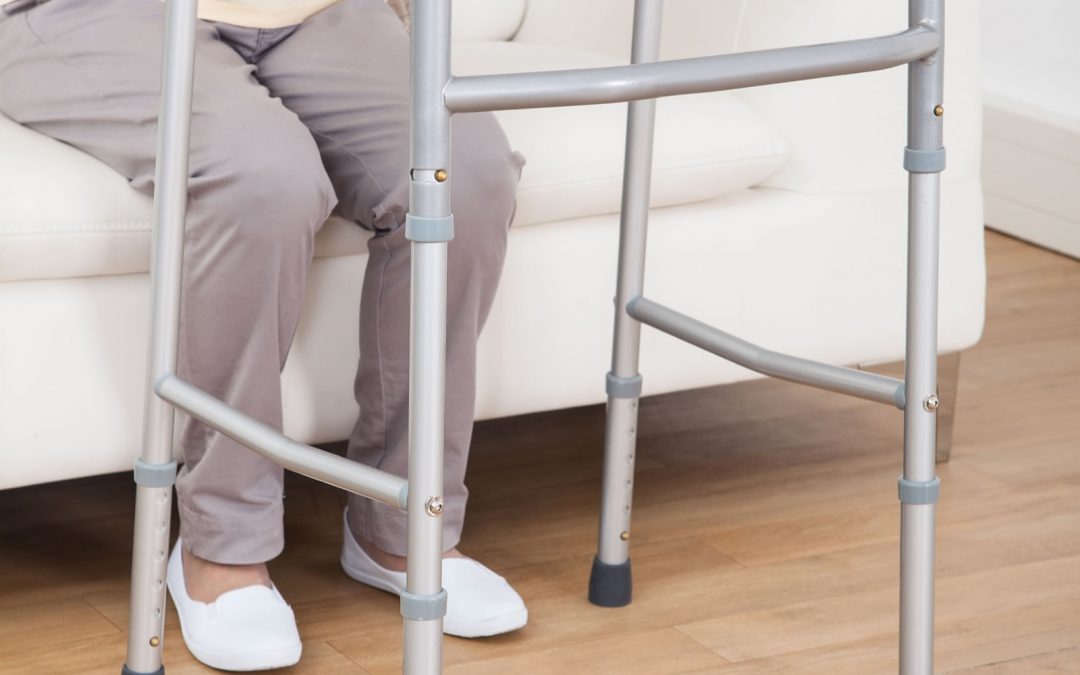On Friday the 5th October, I and four other Councillors signed a Call In (Request to the Overview and Scrutiny Committee to ask the Mayor to reconsider his decision) with regards to the decision to Outsource/Privatise the Community Equipment Service (CES). The other four Councillors who signed the Call In are, Cllr Marc Francis (Bow East), Cllr Tarik Khan (St. Peters), Cllr Gabriela Salva (St. Peters) and Cllr Md. Iqbal Morshed (Blackwall and Cubitt Town).
Below is a background to the Call In to save the Community Equipment Service as we know it.
Background to the Community Equipment Service
The Community Equipment Service (CES) is an in-house team within Adults Health & Well-being Directorate who transport and install aids & adaptations, beds, hoists and other items for disabled people. This is a statutory service that helps residents remain independent in their own homes for longer and enables swift hospital discharge.
The CES has a Pooled Budget of around £2 million, around half of which is from LBTH and half from the local NHS. As with other aspects of Social Services, demand for community equipment might be expected to increase in the coming years. The CES team consists of 18 posts, those some of these are vacant or held by locum/agency staff.The CES is based in Yeo Street – a site leased for a period of a further 12 years.
Background to the Call In
- As part of the Budget for 2017/18, the previous adminstration agreed a savings proposal for the CES of £179,000 for Year 1 (2017/18) through the integration of management with the Telecare Alarms Team and the Assistive Technology Team, and provisionally agreed a savings proposal of £308,000 for Year 3 (2019/20) by “joining a consortium”;
- Officers were only able to deliver £91,000 of the £179,000 saving in 2017/18 and do not anticipate achieving the remaining £88,000 in 2018/19 either;
- The owner of the Yeo Street site has offered to buy-out the remaining 12 years on LBTH’s lease for around £1 million so the site can be sold for redevelopment;
- For the past three years, officers have been exploring the possibility of joining the London Community Equipment Consortium, which now includes 18 Boroughs, whereby the service is outsourced to Medequip Assistive Technology Ltd;
- Officers commissioned external consultancy to support the “Due Diligence” of this proposal, which endorsed the London Community Equipment Consortium / Medequip solution as the best way forward;
- Officers will therefore shortly be formally recommending that course to the Mayor and a decision is due at the Cabinet meeting on 26th September;
- The Labour Local Government Trade Union Principles agreement states that, “Labour-controlled authorities should “give in-house services proven not to be delivering value for money every opportunity to make the required improvements to avoid costly tendering and outsourcing procedures”.
- The outsourcing of services Tower Hamlets has often led to a worse service for residents, including within Adults Services, most notably with the privatisation of the award-winning in-house Homecare Service to agencies.
Reason for Call:
LBTH has a long history of outsourced services failing to maintain or improve the quality service our residents receive. For example, in Adults Health & Well-being there have been persistent problems with the performance of some of those private agencies who took over Homecare following the decision to close the award-winning in-house Homecare Service in 2011. Sometimes outsourcing even fails to achieve the anticipated savings as well.
The Labour Local Government Trade Union Principles agreement signed in December 2017 states that, “Labour-controlled authorities should “give in-house services proven not to be delivering value for money every opportunity to make the required improvements to avoid costly tendering and outsourcing procedures”.
The Community Equipment Service has never been given this kind of chance. Instead, it has been subject to at least three years’ worth of uncertainty as senior officers began to work up proposals for its future and then following the Full Council Budget meeting on 22 February 2017, began to engage with those to whom it might be outsourced. Several posts have been left vacant or filled with agency staff during this period.
While this decision appears to be partly based on the savings target, it also appears to be driven by the potential £900,000 capital receipt from relinquishing the lease of the Yeo Street depot 12 years ahead of the specified period. Potential capital receipts should not be a factor in the decisions whether LBTH privatised public services.
Despite the long period of uncertainty they have endured, staff at the Community Equipment Service are committed and dedicated to their service users. As the report acknowledges, they deliver a good service. With more consistent staffing and investment in improved technology, the team has the capacity to deliver an even better service and achieve better value for money. These need to be tried before it is privatised.
Alternative Course of Action:
Mayor should withdraw his initial decision to outsource the Community Equipment Service to Medequip Assistive Technology Ltd via the London Community Equipment Consortium framework and instead instruct officers to draw up a business plan to improve the service further and secure better Value for Money over the next two years, when it will then be reviewed.
The Mayor should also initiate discussions with the local NHS to determine the future level of funding it will provide for community equipment, and also publish full details of the budget for Community Equipment Service, Telecare Alarms and Assistive Technology, and the external consultant’s report underpinning the “due diligence” work in relation to this proposal.


Recent Comments